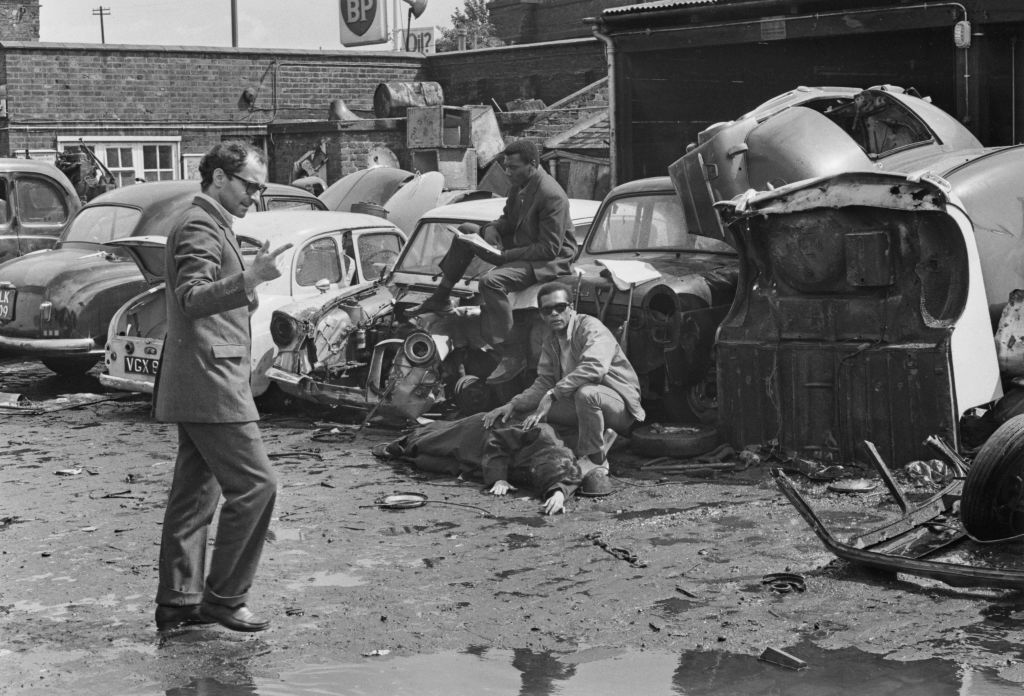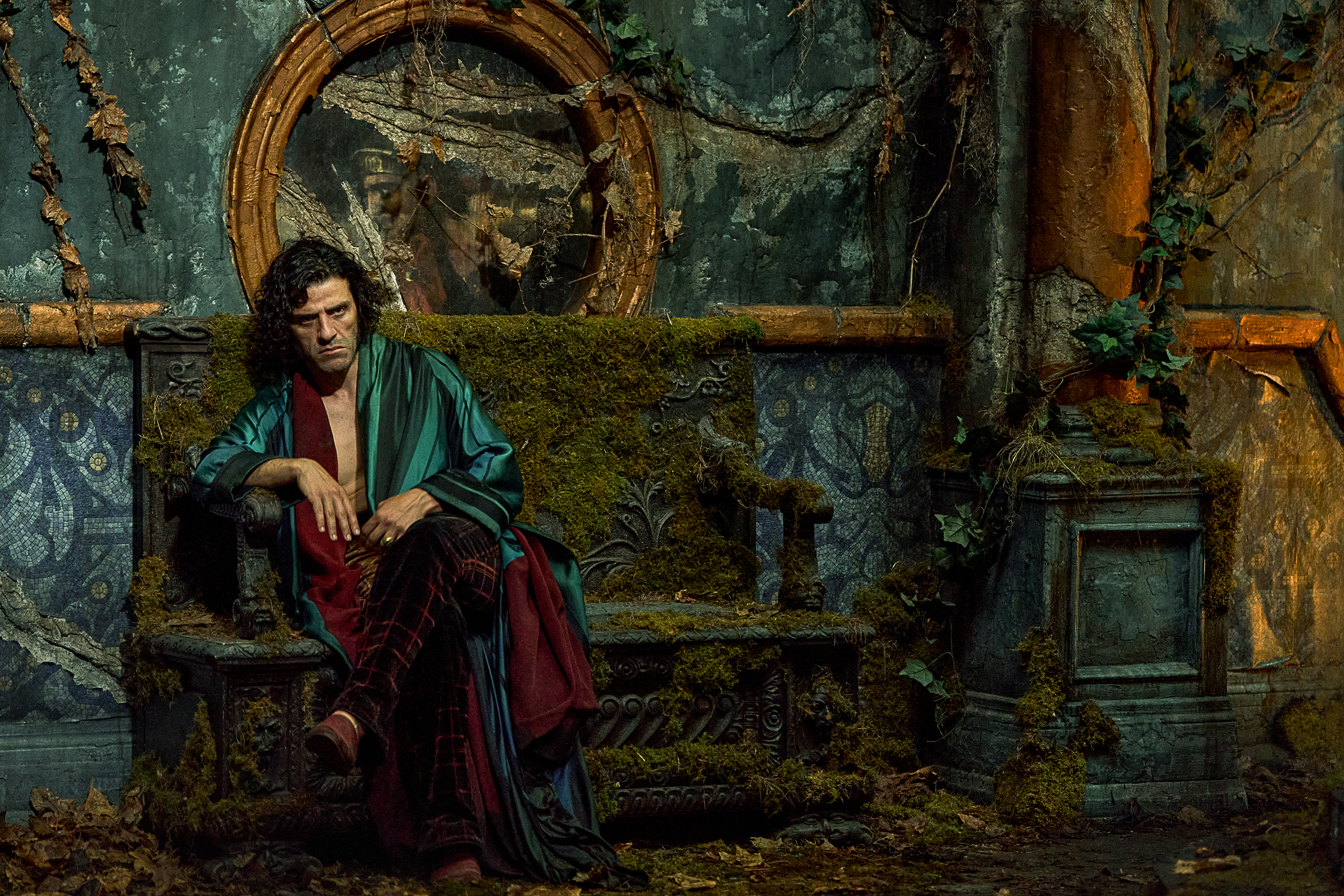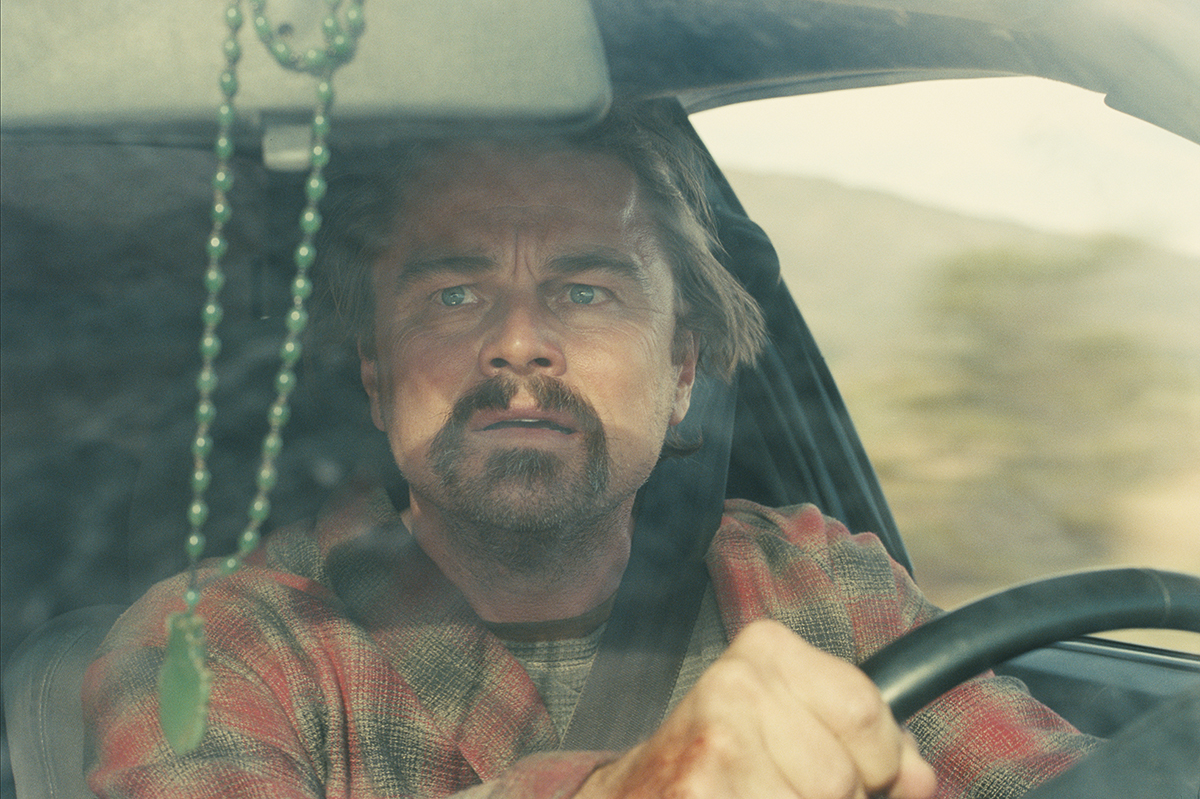The death of French director Jean-Luc Godard, at the age of 91, is probably doomed to not get its due because of the saturation media coverage of Elizabeth II. That said, it should be noted that admirers of Godard and ardent royalists probably occupy a relatively small space on a Venn diagram, and, once the funeral obsequies for the Queen have passed, the legacy of one of France’s most innovative and influential — if also infuriating — filmmakers might be taken as seriously as it deserves.
From his first film, 1960’s A Bout de Souffle — better known as Breathless — Godard established himself, along with Francois Truffaut, as one of the leading exponents of the so-called French New Wave, a thrillingly loose kind of cinema that simultaneously observed the influence of American film and dismantled it. At a time when British cinema was hidebound by a reliance on big stars and adaptations of popular television, and American movies often seemed desperate to put on a spectacle, French directors understood the medium with a mixture of oh-so-Gallic sophistication and ineffable cool. The casting of the none-more-hip Jean-Paul Belmondo and Jean Seberg as a criminal and his girlfriend — or moll — only reinforced the sense that Godard was a major, thrilling talent.
Godard would never truly recapture the same sense of populism and innovation again, although his career spanned nearly six decades. He made great films throughout the Sixties: 1965’s Alphaville is an early example of a science-fiction picture without any of the expected special effects trappings; 1963’s Le Mepris — or Contempt — is a rare example of a film about a film that manages to transcend self-indulgence; and 1965’s Pierrot le Fou — Godard at his peak was nothing if not prolific — reunited him with Belmondo in a film that many would regard as his greatest, with its genre-bending wit and clever-clever casting. Notably, the cult American director Sam Fuller appears as himself, a touch of self-referentiality that only Godard in his prime could have made work.
Matters started to go awry with his 1968 documentary Sympathy for the Devil, which was ostensibly a detailed look at the creation of the Rolling Stones’ eponymous song. Yet Godard filled it with political messages about Marxism and the Black Panthers. He had intended the film to end without audiences ever hearing the song itself, and when the producer insisted on including it over the end credits, he punched him in the face. This spelled the end of Godard as a major commercial talent.
He continued to work as a director, often to critical acclaim, but a lot of his later, Marxist-focused work is extraordinarily hard to sit through. He increasingly moved away from conventional cinematic narrative towards avant-garde essays and deconstructionism, and none of his subsequent films ever crossed over to mainstream audiences in the way that his earlier pictures did.
Yet to write Godard off as sidetracked into self-indulgence is a mistake. Many of his films are undeniably difficult, even opaque, but he remained a distinctive voice within cinema, long after his French New Wave peers had ceased to make pictures any longer. His death ends a thrilling chapter in film, where, for a few years, the old certainties seemed to vanish, and difficult but exciting filmmaking seemed a possibility for mainstream audiences. In any case, Breathless, Contempt and the rest of them remain indispensable watching, just as Godard, for all his subsequent difficulty, should be remembered as one of the great directors of the twentieth century.

























